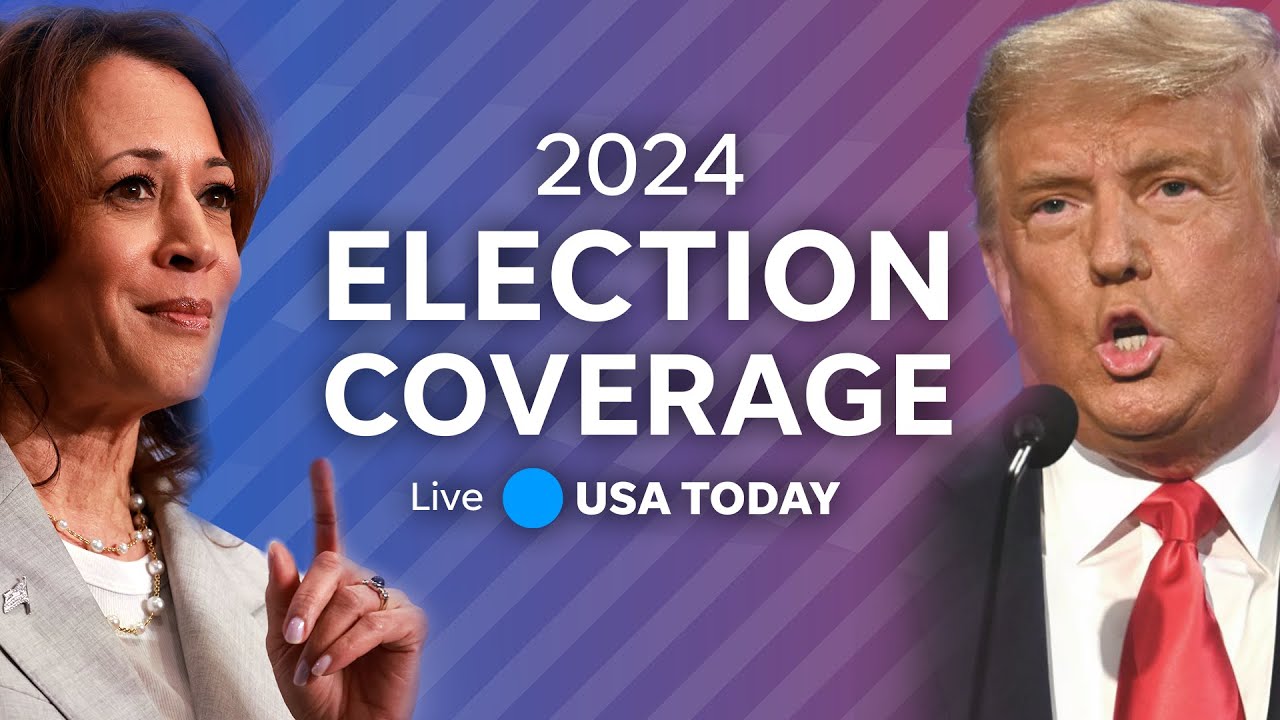North Carolina is facing a significant controversy surrounding its democracy, as Republican Judge Jefferson Griffin has launched a legal challenge against his narrow loss in the state Supreme Court race. Trailing incumbent Justice Allison Riggs by just over 700 votes, Griffin’s lawsuit has raised alarms among legal experts and voters alike, as it could lead to widespread voter disenfranchisement.
Griffin is urging the North Carolina Supreme Court to invalidate thousands of ballots, claiming they were cast by voters with incomplete registrations. This includes ballots missing driver’s license numbers or Social Security details. Critics argue that such efforts, if successful, would set a dangerous precedent for democracy, not just in North Carolina but across the country.
The Election Dispute in Detail
In November, Justice Riggs won the closely contested race by a margin of 734 votes out of over 5 million cast. Two recounts—one by machine and one partially by hand—confirmed her victory. However, Griffin has since protested the results, claiming that the state Board of Elections improperly counted votes from ineligible voters.
Griffin’s main argument focuses on an outdated state law requiring voter registrations to include identification details. He alleges that more than 60,000 ballots were cast by voters whose registrations lacked these details or who failed to meet other criteria, such as providing photo identification for overseas ballots.
In his latest legal filing, Griffin has narrowed his challenge to 5,509 overseas ballots that lacked photo ID, asserting that invalidating these votes alone would secure his victory.
What’s at Stake?
Legal experts argue that this challenge threatens to undermine trust in elections. Marc Elias, a prominent election attorney, explained that the lawsuit could retroactively disenfranchise tens of thousands of voters.
“This isn’t just about this race,” Elias said. “It’s about creating a legal precedent for future elections. This kind of case opens the door for mass disenfranchisement during critical elections in 2026 or 2028.”
Anne Tindall, a counsel for watchdog group Protect Democracy, criticized Griffin’s challenge as punitive. She pointed out that many affected voters followed the rules but were penalized due to errors on the part of election officials.
“We tell voters that their votes count if they follow the rules. Griffin’s efforts completely undermine this principle,” Tindall said.
Broader Implications for U.S. Democracy
Experts say this case is part of a troubling trend, where losing candidates refuse to accept results and seek legal avenues to reverse them. This phenomenon gained traction after former President Donald Trump’s efforts to overturn the 2020 election results.
Stetson University professor Ciara Torres-Spelliscy noted the increasing frequency of such challenges, particularly from Republican candidates.
“This trend undermines the core of our democracy—gracefully accepting electoral outcomes,” she said. “North Carolina, being a swing state, becomes a testing ground for tactics that could impact national elections.”
Judicial Concerns
The case has taken an unusual path, bypassing lower courts to land directly in the Republican-majority North Carolina Supreme Court. This has raised eyebrows, as Griffin appears to avoid a thorough examination of facts.
Justice Richard Dietz, a Republican, dissented from a recent order to delay election certification, warning that Griffin’s lawsuit could damage the integrity of the state’s elections.
Riggs, the Democratic candidate and incumbent, has also escalated the case to federal court, arguing that Griffin’s push violates federal laws safeguarding voter rights.
Public Trust at Risk
Tindall and others argue that Griffin’s legal challenge erodes public trust in elections. Critics warn that if his claims succeed, they could create a “roadmap for stealing elections” in the future.
“This case isn’t confined to North Carolina,” Tindall said. “It’s about sowing enough doubt to overturn elections and take seats that weren’t legitimately won.”
Conclusion
North Carolina’s electoral dispute is more than a state-level issue—it’s a reflection of growing challenges to democracy in the U.S. With trust in electoral systems already eroding, the outcome of Griffin’s case could set a precedent for how future elections are contested.
As courts deliberate, one thing is clear: the stakes for democracy have never been higher.
Disclaimer – Our team has carefully fact-checked this article to make sure it’s accurate and free from any misinformation. We’re dedicated to keeping our content honest and reliable for our readers.








